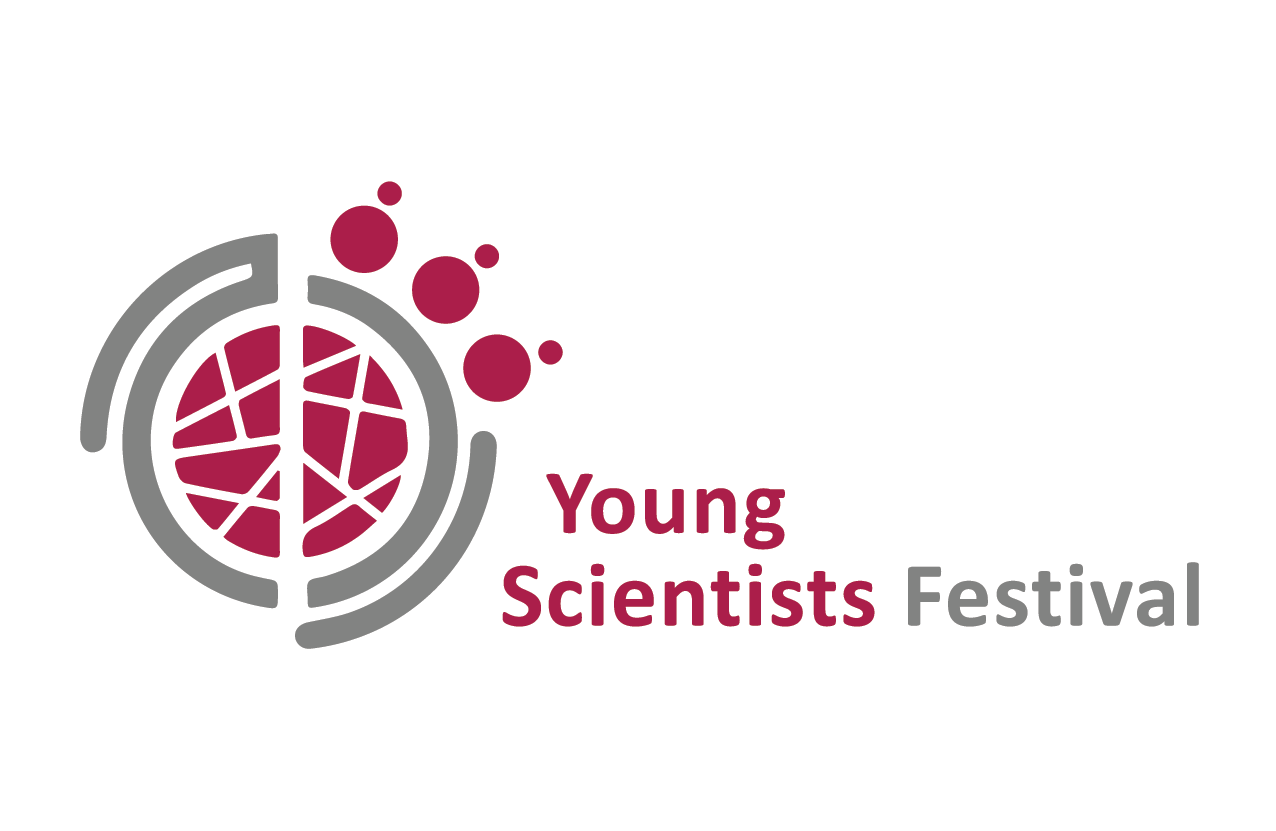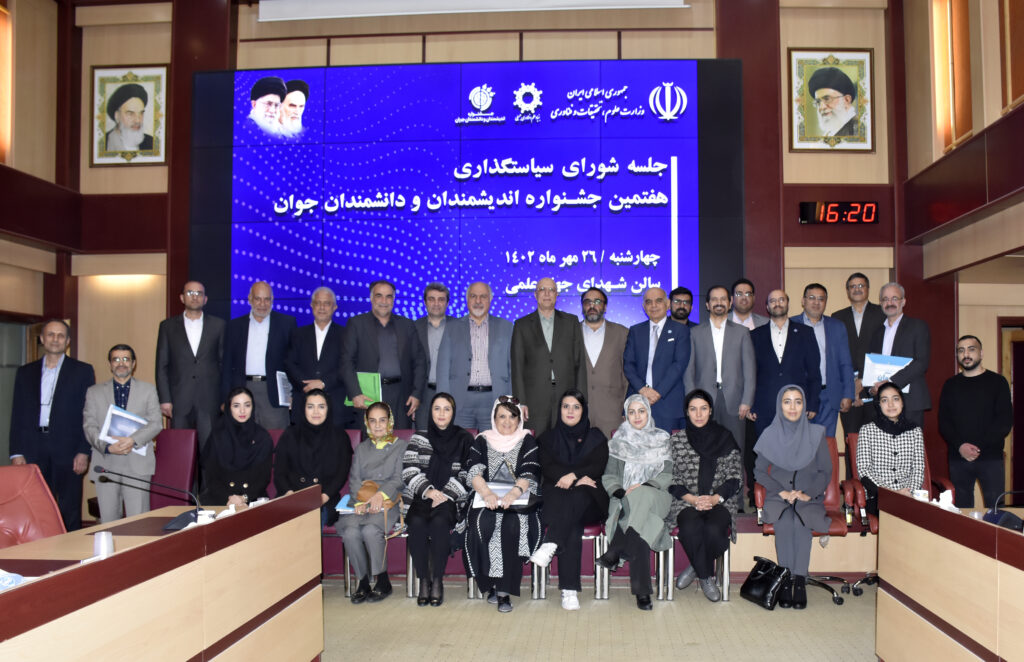The 7th Young Scientists Festival Policy Council convened on Wednesday, October 18, 2023, with the esteemed presence of Dr. Zolfigol, Minister of Science, Research, and Technology, alongside several Policy Council members. This significant gathering took place in the hall of the MSRT’s Martyrs of Scientific Jihad.
Dr. Gholami, Head of the YSF Planning & Management Committee, began by providing a comprehensive overview of past YSF editions, highlighting key achievements:
- Announcing participant numbers by field, with notable interest in chemistry, mathematics, statistics, computer science, and biology.
- Forging MoU with 13 government organizations, 38 faculties, 40 universities, 23 research institutes, 20 science and technology parks, 9 accelerators, 16 innovation centers, 6 scientific associations, 23 festivals, and 72 companies.
- Engaging international evaluators to assess international ideas.
- Fostering support for non-Iranian students and researchers studying in the country.
- Expanding the festival’s ecosystem to include Zminetech Accelerator, UNESCO Basic Science and Technology Club, and Aanco Academy.
- Initiatives promoting basic sciences in everyday life, such as stargazing events and scientific experiments in Sharif University, Shahid Beheshti, University of Tehran, Milad Tower, Mellat Park and Water and Fire Park.
- Hosting the “Be-Tavan” conference to inspire and motivate the unselected ones.
Dr. Mahmoud Kamarei, President of YSF, emphasized two key aspects from previous Policy Council meetings:
- Recognizing and appreciating past YSF contributors, leading to the “Be-Tavan” conference.
- Pursuing internationalization by registering the UNESCO Club of Basic Sciences and Technology.
Eng. Ebrahim Jamili, President of YSF Policy-making Council, urged attendees to contribute suggestions to enhance YSF’s commitment to basic science. He highlighted the importance of creating a digital file of these ideas and the establishment of a comprehensive Iranian festival secretariat. Recognizing outstanding young professors in each YSF edition was also emphasized.
Dr. Kamarei proposed gathering information from other festivals, ensuring the confidentiality of their plans and ideas while centralizing this data within the Ministry of Science, Research, and Technology (MSRT).
Dr. Abbas Mossalanejad, CEO of Mosalla Nejad Cultural Foundation, suggested that the festival work toward economic self-sufficiency, fostering the commercialization of services and products developed by final winners.
The meeting also proposed collaboration with the ISC organization and the Khwarizmi International Awards (KIA)’s Amber system, offering support to talented individuals in the National Organization for Development of Exceptional Talents (NODET) exam.
Dr. Peyman Salehi, Research Deputy of the Ministry of Science, Research, and Technology, announced the official inclusion of the festival in the National Research Week and the annual closure of this scientific event.
Research Deputy of the Ministry of Science suggested that the Jamili Science and Technology Foundation will provide scholarships to entrance exam students in basic science, furthering the promotion of science from the ground up.
Dr. Reza Ameri, Research Deputy of the Ministry of Science, Research, and Technology, stressed the need for an incubator and entrepreneurship center in science college of University of Tehran. He underscored as well the significance of the humanities and raised awareness about the need to address sub-disciplines like linguistics, which holds roots in the realm of artificial intelligence, and the quantum technology branch. He fervently advocated for their inclusion in upcoming YSF editions.
Monthly “Technology Tuesdays” meetings were suggested to address YSF attendees’ questions, either in person or online.
Finally, Dr. Mohammad Ali Zolfigol, Minister of Science, unveiled the System of Ideas and Needs. This system would collect requirements and issues from private and public industries, urging YSF to contribute its information to this central resource. He also proposed connecting YSF participants with potential investors to facilitate the implementation of their plans and ideas, alongside offering scholarships to industry professionals. The Jamili Science and Technology Foundation was invited to join this collaborative endeavor.

